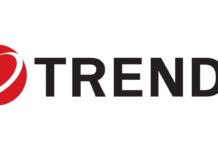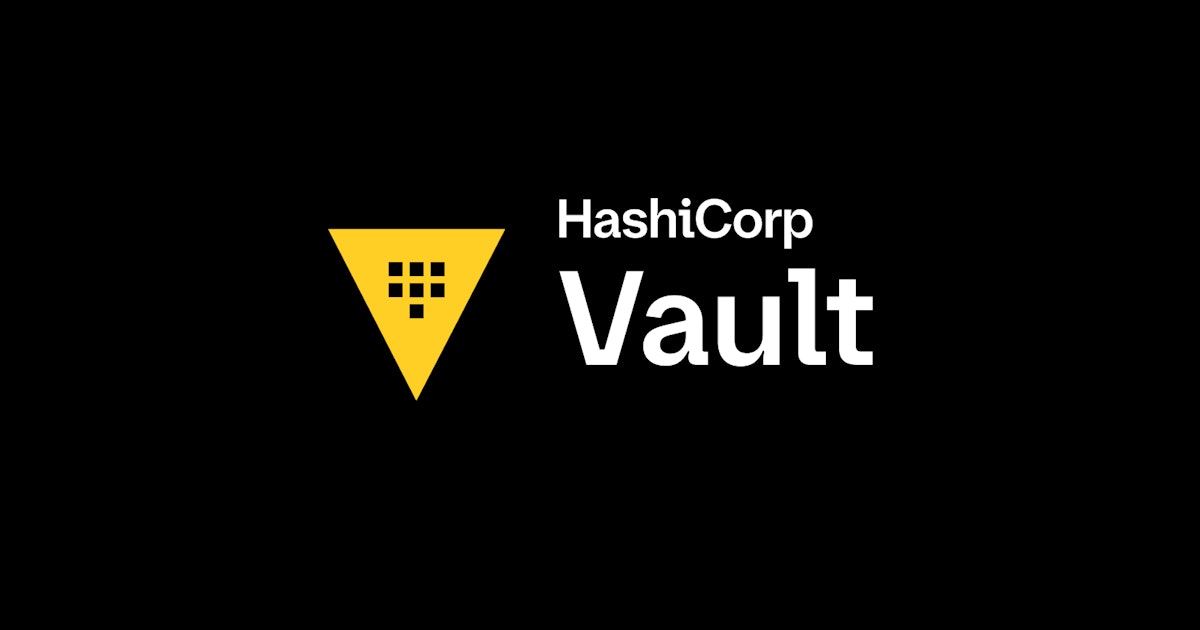Expanding Security Horizons: HashiCorp’s New Vault Integrations
In the ever-evolving digital landscape, security remains a top priority for organizations across the globe. With the diverse nature of modern technological infrastructures, especially those operating in multi-cloud environments, having a robust security framework is essential. HashiCorp, a leader in the field of identity-based security solutions, has been at the forefront of providing such frameworks. Their approach aims to protect, connect, and inspect infrastructure, applications, and data. Recently, they have taken a significant step forward by introducing three new Vault partner integrations, further broadening their capabilities and addressing various security needs. These integrations are set to enhance the HashiCorp ecosystem, providing more comprehensive security solutions.
Introduction to HCP Vault Secrets
HashiCorp’s centralized secrets lifecycle management offering, HCP Vault Secrets, stands as a Software-as-a-Service (SaaS) solution designed to store, access, and synchronize secrets efficiently. For those unfamiliar, ‘secrets’ in the tech world often refer to sensitive data such as API keys, passwords, and certificates. Managing these secrets securely is crucial for maintaining the integrity of any system.
Among the latest developments is the integration with MongoDB, a widely-used database platform renowned for its flexibility and scalability in modern applications. This integration introduces the automatic rotation of MongoDB Atlas usernames and passwords. In simpler terms, automatic rotation means that the system will regularly change these credentials without manual intervention. This process eliminates the need for tedious manual updates, reducing the risk of potential security breaches. It also helps organizations maintain compliance with security standards and regulations more easily, as rotating credentials regularly is often a requirement.
Exploring Vault Enterprise Integrations
Another exciting announcement from HashiCorp is the new integration for Vault Enterprise, in collaboration with Private Machines. Private Machines specializes in providing high-performance hardware security modules. These modules are designed to safeguard cloud and data center workloads by offering a hardware-backed layer of security.
The integration with Private Machines’ ENFORCER secure server brings FIPS-compliant security to the table. FIPS, or Federal Information Processing Standards, are public standards developed by the United States federal government for use in computer systems. Achieving FIPS compliance indicates a high level of security, making it particularly appealing for industries that operate under strict regulatory requirements, such as finance and healthcare. The integration streamlines the process of ‘unsealing’ Vault nodes, which essentially means that it simplifies the unlocking of encrypted data. This is achieved through a method called ‘seal wrap,’ which offers an additional layer of encryption for Vault’s critical security parameters.
This collaboration is particularly beneficial for organizations operating within environments that demand rigorous governance, risk management, and compliance (GRC). By leveraging this integration, businesses can ensure that their security measures are not only robust but also efficient, thereby helping them meet stringent regulatory standards without unnecessary complexity.
Vault Community Edition Embraces New Integrations
The Vault Community Edition has also witnessed a fresh integration with walt.id, a company that provides tools for digital identity and wallet infrastructure. This new partnership has given rise to an integration that empowers businesses and governmental bodies to offer digital identity wallets to users and citizens.
Digital identity wallets are tools that allow users to store and manage their digital credentials securely. With the new integration, organizations can manage and store cryptographic keys used for signing digital credentials. This not only provides users with seamless control over their data but also enhances the overall security posture of the organization. It minimizes the operational burden on teams tasked with managing these keys, allowing them to focus on other critical security tasks.
Join the Vault Integration Program
For those interested in exploring further or becoming a validated partner, HashiCorp offers a Vault Integration Program. This initiative provides detailed insights and opportunities for businesses to integrate with HashiCorp’s security solutions. By joining, partners can enhance their product offerings and align with industry-leading security practices.
To discover more about this program, potential partners can visit HashiCorp’s website and explore the ‘Become a Partner’ page. Additionally, for organizations looking to test the waters, HashiCorp offers a free tier of HCP Vault. This option allows businesses to simplify their Vault workflows and management without any initial financial commitment.
Conclusion
In conclusion, HashiCorp’s recent expansions through these new Vault integrations signify a substantial leap forward in the realm of identity-based security. By collaborating with leading technology partners like MongoDB, Private Machines, and walt.id, HashiCorp continues to solidify its position as a pioneer in securing multi-cloud environments. These integrations not only enhance security measures but also simplify the processes involved, making it easier for organizations to adhere to compliance standards.
For businesses operating in today’s fast-paced digital environment, adopting such advanced security measures is not just an option—it’s a necessity. As cyber threats continue to evolve, so too must the tools and strategies used to combat them. HashiCorp’s commitment to innovation and security is evident in these recent developments, offering organizations the tools they need to protect their most valuable assets.
For more information, you can visit HashiCorp’s official website and explore their latest offerings and integrations.
By embracing these new integrations, organizations can not only safeguard their operations but also streamline their security management processes, ultimately leading to a more secure and efficient digital infrastructure.
For more Information, Refer to this article.

































